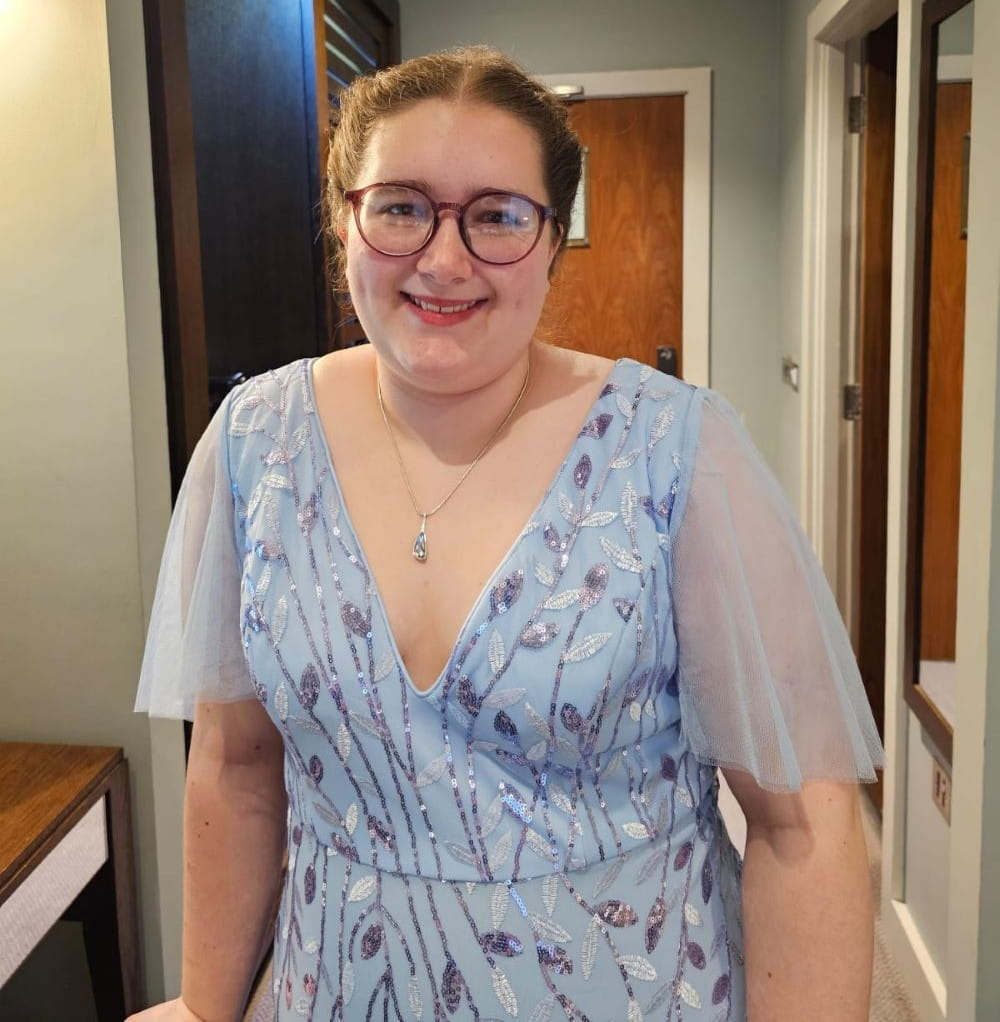What is it like to manage events?
Being an events planner isn’t always like “The Wedding Planner”, or “Bride Wars”. Sometimes it can be just as romantic or stressful, but there is a lot going on behind the scenes that even Hollywood can’t portray. Some events will have an individual planner working on everything, and other times it will be a team working together to bring something truly amazing to the table. This is the case for me. My Events Management degree aims to give me something truly unique, to try and understand this very question: what is it like to manage events? So, I had the opportunity to work with my team to do just that in November 2024. We had a location and a budget, but everything else was in our hands.
How do you work with a team?
A team, in my opinion, is the most difficult part of any job or task, especially one that has a deadline. In an ideal world, everyone works to your standards and to your timelines, but that’s not this world. There is a lot that can go wrong within a team, but I have also learned that there is a lot that can go right. When you have given different tasks to yourself and the others, at least for me, you can find yourself thinking “why haven’t they done this yet?” or “why are they doing it that way?”, but you have to let yourself move past that. Two heads are better than one is a common phrase thrown around, but it truly works when creativity is on your side. More ideas, more methods, and more insight can be produced by three minds working alike, which was the case for my team (in the end). Bumps in the road are to be expected, especially as a group of new adults on a university course like this one – there's a lot of strong personalities in one room.
How do you build relationships with clients?
The clients are the number one VIPs in an event situation, but for my team and me, the client changed constantly. The event was for our own benefit, so we were the client. But then a sponsor was paying for it, so what they want, they get (even if that means spending a lot of their money meant for the event on a hotel room for them). Then also the guests are your clients – if they don’t want to go, you won’t make money from them. This means that you have to constantly juggle the different people and what they all want. We did this in a neat little package of a Google form asking people what they want, and this helped a lot.
Maintaining the relationship can be difficult if you don’t see the client frequently before the event – even more so if they don’t respond to emails as quickly as you like... – but frequent messages and emails to clarify everything for them can help them feel involved in the event, especially with private and personal events. No bride- or groom-to-be wants to feel left out of the decision-making process, so frequent catch-ups and phone calls can help with this too. At the end of the day, just keep them in the loop.
What is in the build-up to an event?
From decorations to entertainment to food & drinks, everything needs to be ready for the day. My personal role in our event in November was entertainment, so once we had a theme, I ran with it. It took me two weeks of searching to find an appropriate (and decently priced) entertainment group, but once I did, I had to contact them for a quote, get the fine details down and then put down a deposit. Once all of this was done, a final payment was taken two weeks before the event, and from then on, it was nothing until the day. This wasn’t my only job though. Whilst the other two were busy buying decorations and discussing menus with our onsite chef, I was “liaison” (just a fancy word for point of contact).
The venue’s planner, the sponsor (and marketing team), and various other managers all needed to know information and have questions answered as soon as possible, so that was my task. Often in teams, each person will be assigned a main role, and then a secondary, backstage role. This could include marketing and budgeting, both of which were very important, just not my role. Of course, if this was an individual planner, there is usually a team to delegate (pass tasks on) to, or it is a small enough event that most is manageable by one.
What was the outcome?
So, it comes to the night before the event, and I can guarantee that none of the three of us got a wink of sleep that night. 4 months of planning and arguing and crying, selling 90 tickets (the best sales for four years of the event), all coming to a halt in 18 hours. But we carried on. Often, the event venue won’t open to you, the event planner, until the day of the event, so it hits 11am and it is go go go. We set up the room, and leave again so that we can be ready, and dressed in our finery (it was a formal ball-type situation, so even we get to dress up) to do a final check. This is VITAL. Having everything in place and ready is the first thing to be sure of.
So, we open the doors, and in they flood. We get drinks out, take them in for food, have a few speeches and ‘thank you’s, and then it is time to party. The crux of the evening for me, as this was all my responsibility. But it turned out well, everyone enjoyed the night and enjoyed their food and drinks, and that was when I could finally relax, have a drink and sing and dance to my heart’s content. There are ebbs and flows of anxiety and happiness, but as long as everyone stays happy, that's all that matters in the end.



